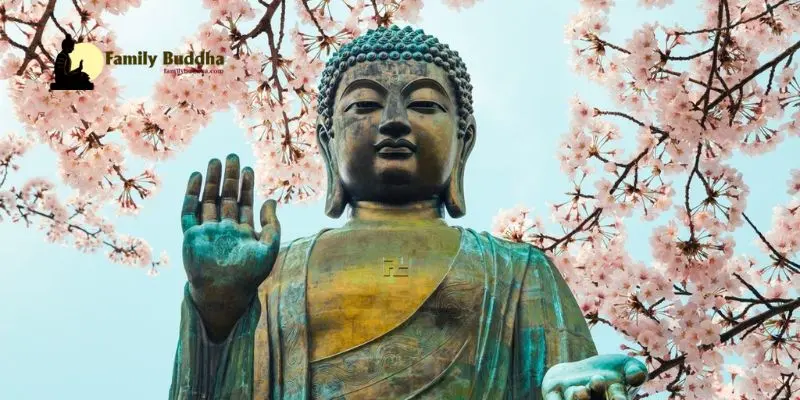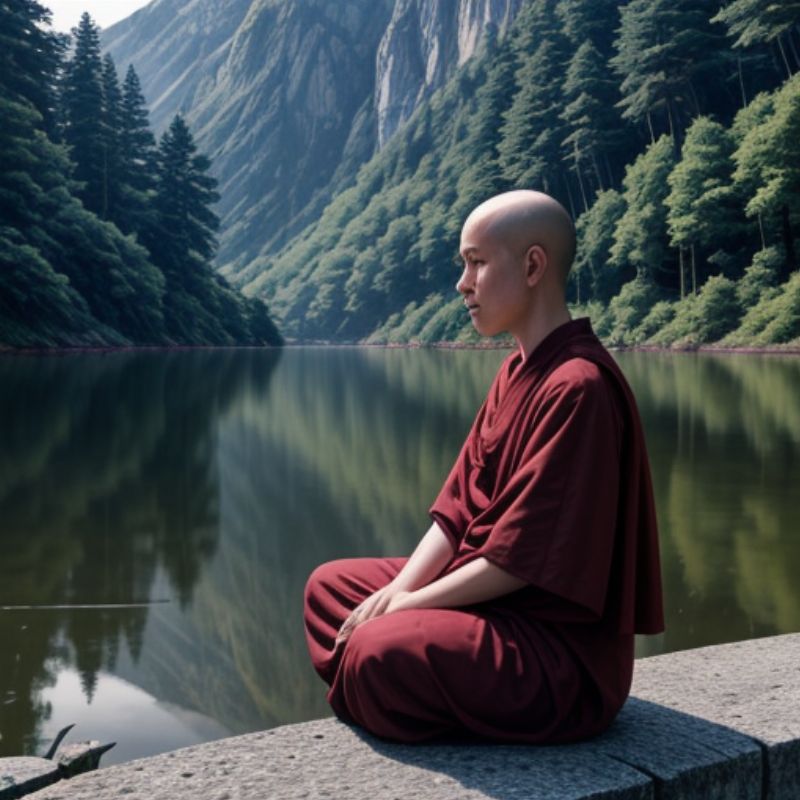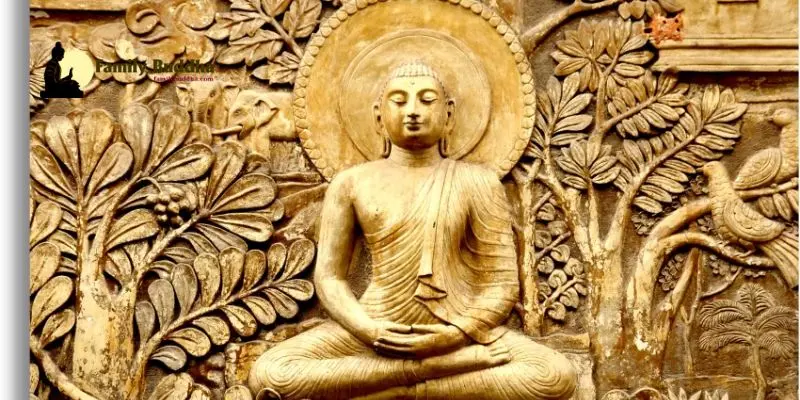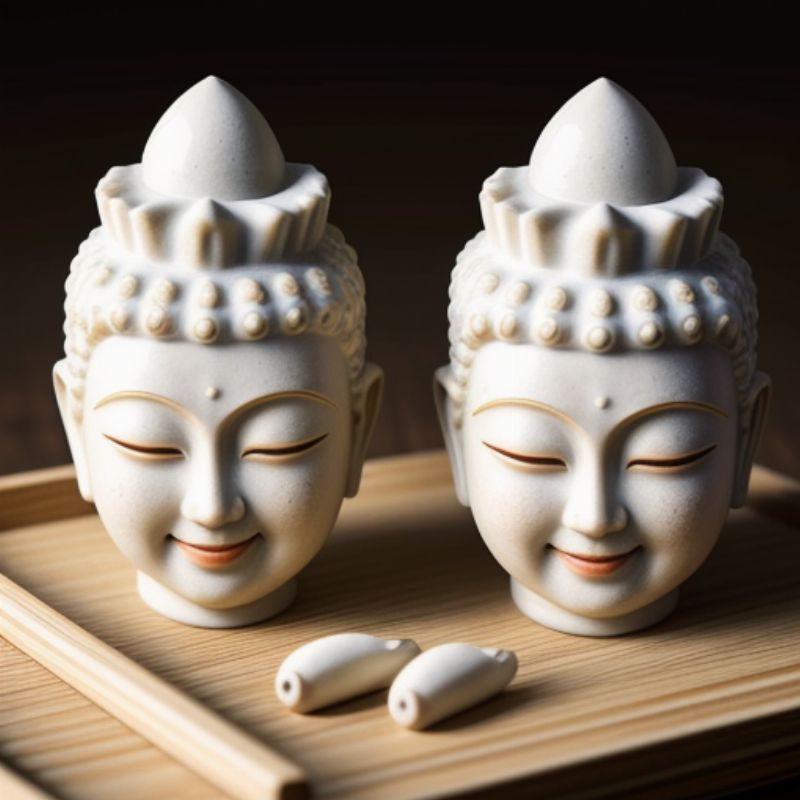Have you ever wondered about the power a name holds? In Vietnamese culture, we have a saying, “Cái tên nó hên” (A good name brings good luck). This reflects the belief that a name can influence a person’s destiny. This connection between name and fate extends beyond good fortune, echoing into the realm of villains and their aptly chosen monikers. Let’s delve into the captivating world of Evil Male Names, exploring their origins, the psychology behind them, and their impact on our perception of fictional and historical figures.
The Allure of Evil Names: Why Do They Fascinate Us?
Delving into the Darkness
Evil names, despite their unsettling nature, hold a strange allure. They pique our curiosity, sending shivers down our spines while simultaneously drawing us in. This fascination stems from our innate desire to understand the darker aspects of human nature. Evil names offer a glimpse into the minds of antagonists, reflecting their malice, ambition, or tragic pasts.
The Power of a Name
Names carry weight, shaping our perceptions of individuals even before we meet them. This power is amplified in storytelling. Authors carefully select names to evoke specific emotions and foreshadow a character’s nature. Evil male names, often harsh-sounding or bearing negative connotations, prime us to anticipate villainous deeds.









